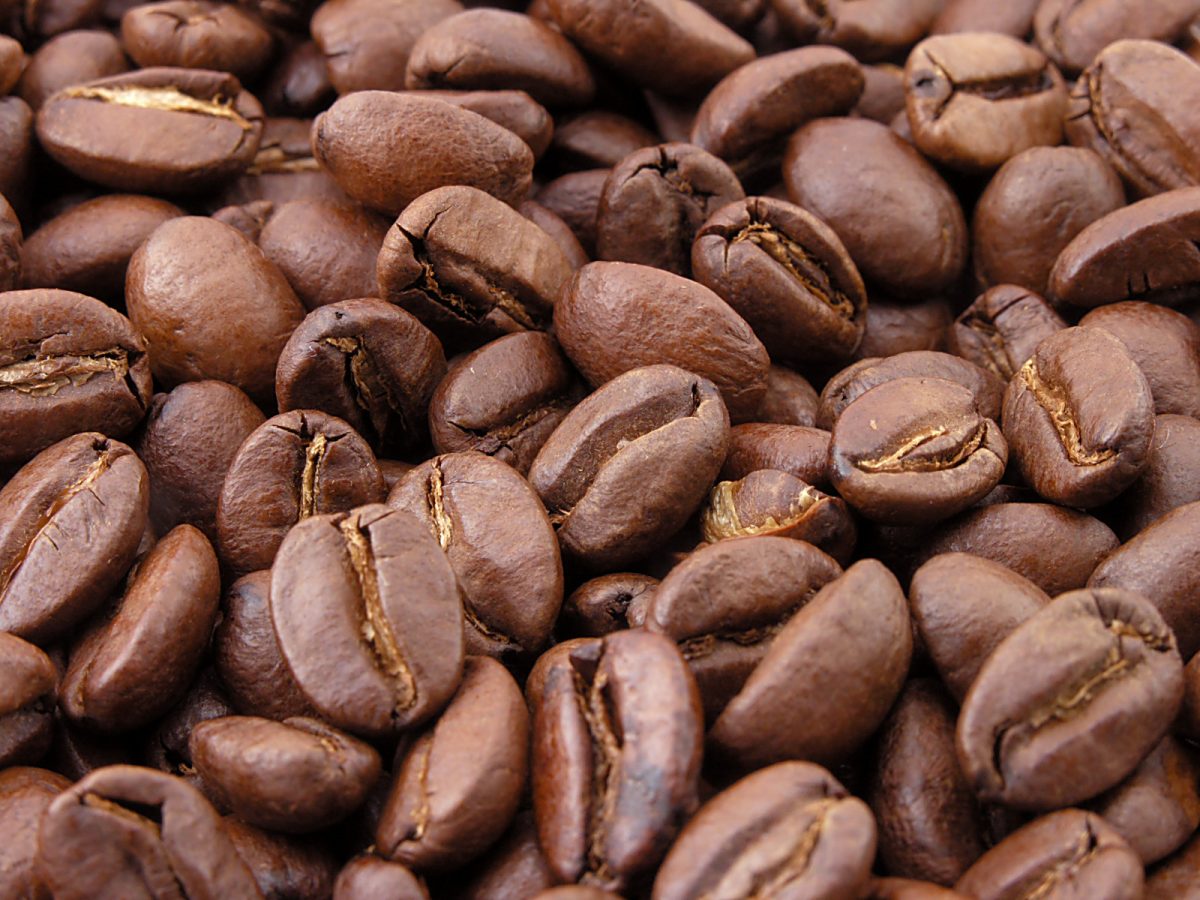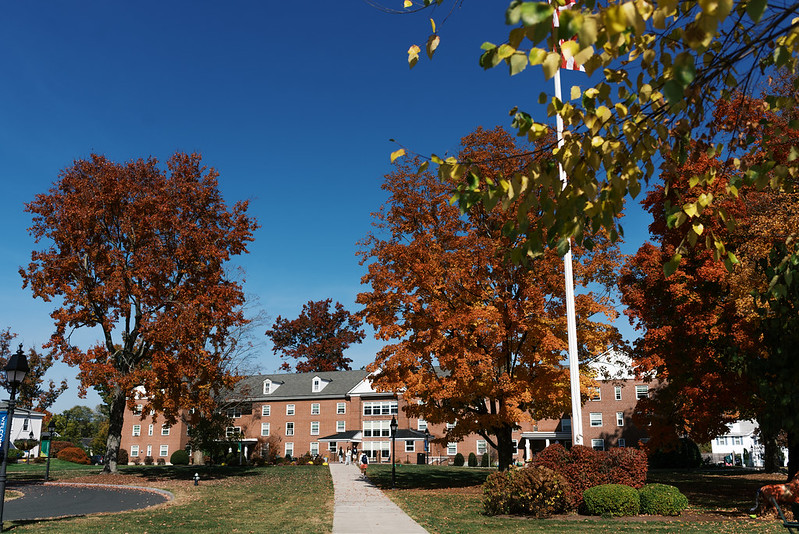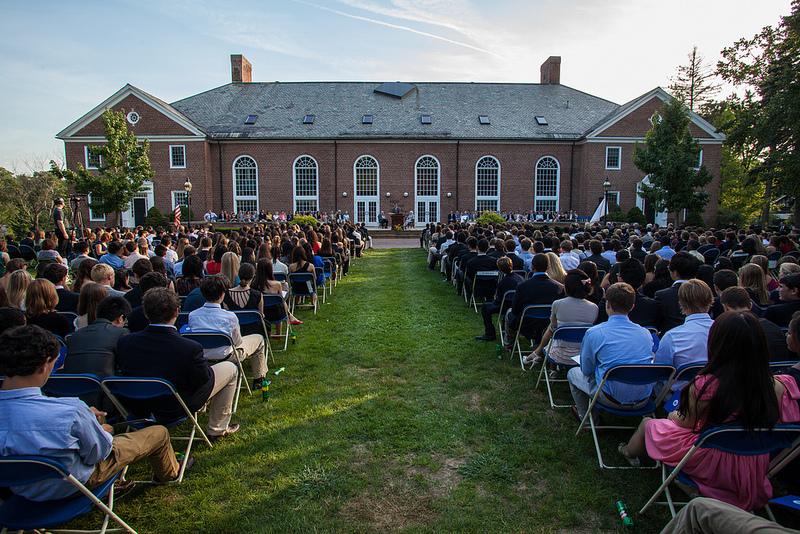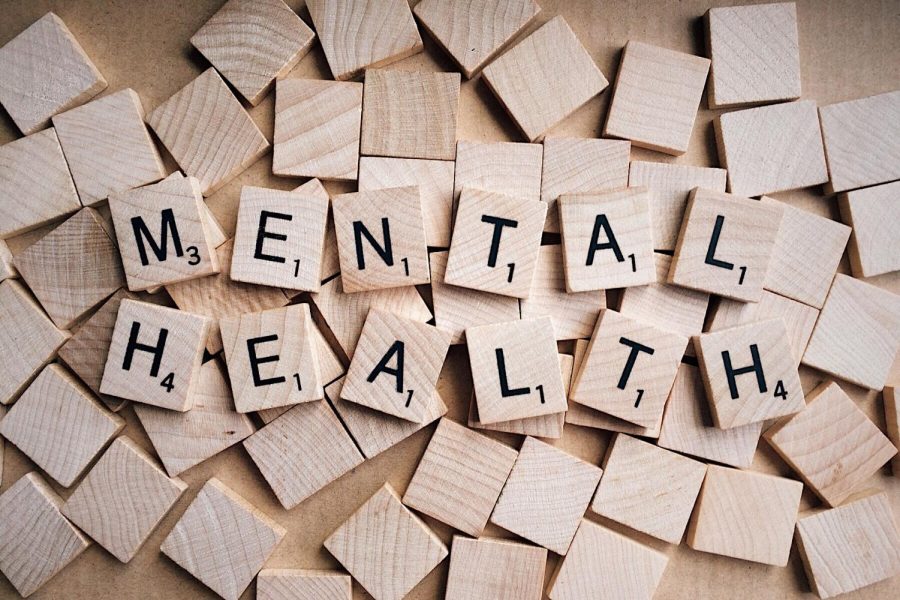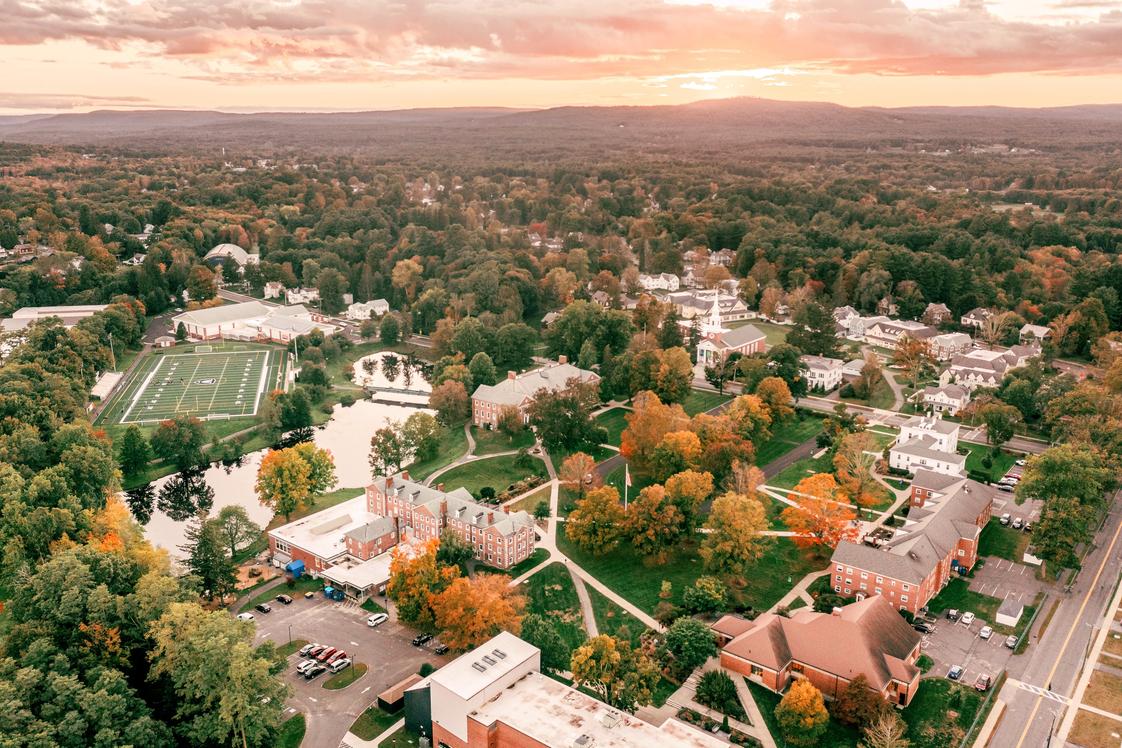At Williston, the pulse of academic life quickens not just with the rhythm of lectures and exams, but with the caffeinated heartbeat of the students and faculty.
Caffeine can be found on all corners of campus; from the energy drinks like BODYARMOR and Celsius in the athletic center vending machine to the coffee machine in college advising, and of course Dunkin’ just a short walk away, the Williston campus runs on caffeine. People across campus use it for many reasons: studying late, working out harder, or just to wake up in the mornings.
Caffeine, a central nervous system stimulant, has woven itself into the day-to-day lives of everyone around the world. The first coffee shop, Kiva Han, was founded in 1475 by Turkish travelers. Coffee originally was available to the wealthy; in time, coffee culture dug its roots in and spread across the world. There are currently now more than 35,000 thousand coffee shops in the United States alone.
Connor Graff, a sophomore from Easthampton, was drawn to the benefits of caffeine on his physical health and his mental health.
“I started drinking caffeine to boost my strength and energy while lifting [and] also to help me with my depression,” said Connor.
Meanwhile Bryce Akroyd, a junior from Lenox, Mass., was drawn to the taste and rituals around caffeine.
“The culture is what attracted me in the beginning, being able to be with friends and enjoy a tasty drink on the walk back from Dunkin’ really brought my friends closer,” said Bryce.
There are specific limitations on how much caffeine teens should be drinking.
Adolescents ages 12 to 18 should drink no more than 100 mg of caffeine per day, according to the American Academy of Pediatrics.
To put that into context, a small Dunkin’ Iced Coffee has 125 mg of caffeine; a Celsius has 200 mg.
Hayden Hedstrom, a senior from Bolton, Mass., drinks about 150 mg of caffeine a day, but feels like it is well controlled within her life.
This seems to be a shared thought around campus.
“Caffeine is a drug, but people have embraced the healthy lifestyle around it,” says Connor.
However, Bryce, a frequent coffee drinker, believes caffeine culture has become a crisis.
“It’s so wildly accepted to be addicted to caffeine that people just brush it off even when they are in serious physical danger,” said Bryce.
Are You Drinking Too Much Coffee?
0
More to Discover



